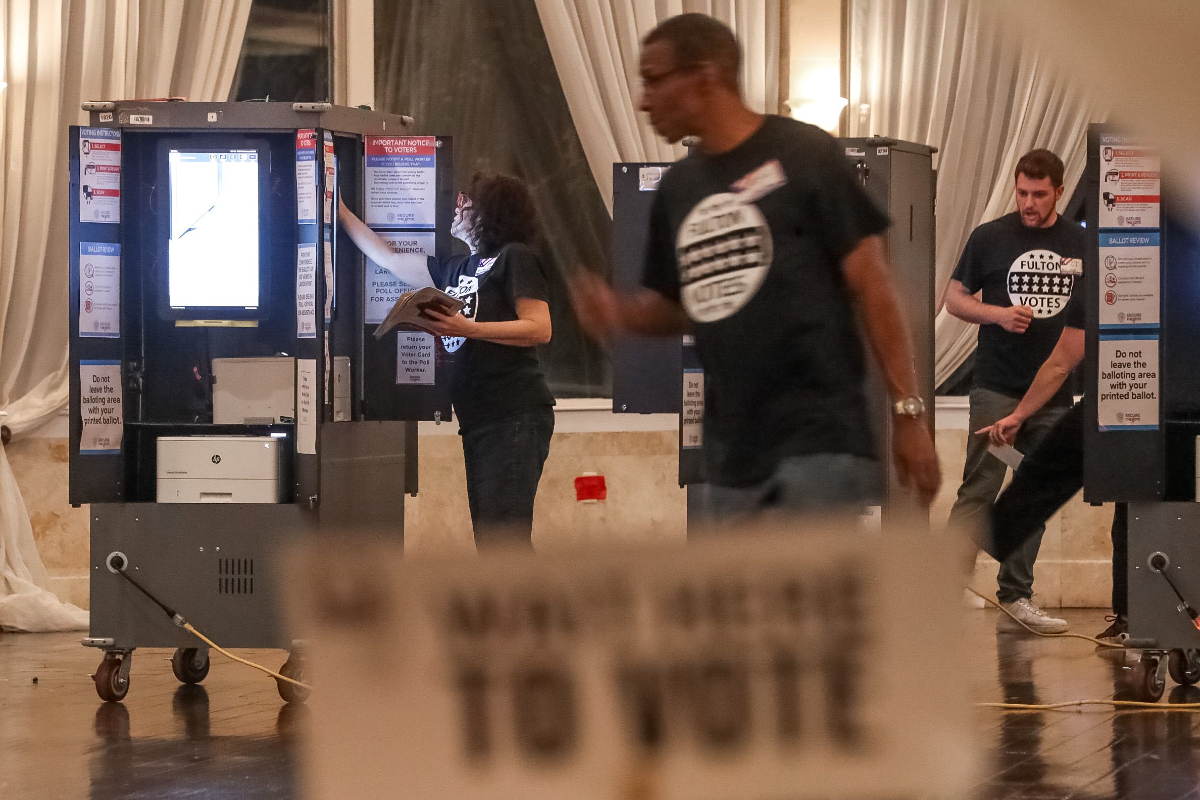- No candidate received the required 50% of votes to win the contest outright.
- The deadline for new voters to register for the runoff election has already passed due to the 2021 Georgia law.
- 2021 Georgia law reduced the duration of runoffs from nine weeks to four.
Georgia’s hotly contested Senate race had other ideas if voters were hoping to avoid discussing politics over Thanksgiving dinner.
According to media, neither Republican Herschel Walker nor Democratic Sen. Raphael Warnock achieved the required 50% of the vote to win the contest outright on Tuesday night, necessitating a runoff election scheduled for December 6.
But what does that actually mean? And how will the election runoff function?
What you need to know is as follows:
How does a runoff function and what is it? When neither candidate receives the required percentage of votes, in this example, 50%, a runoff election is held to choose the winner of the particular contest.
In Georgia, runoff elections are simpler than general elections since the candidate receiving the most votes wins whether or not they receive a majority of the vote.
Brad Raffensperger, Georgia’s top elections official, stated that counties are already getting preparations for the election on December 6 and that voters can use the state’s internet portal to request absentee votes beginning on Wednesday until November 28.
Early voting must begin by November 28 in all counties, but Raffensperger said his office anticipates some counties could have early voting on Saturday, November 26 or Sunday, Nov. 27. “We are working with the counties to find out what their plans are on this front,” he said.
Notably, the runoff’s logistics will be different from those of previous years. The deadline for new voters to register for the runoff election has already passed due to the 2021 Georgia law that reduced the duration of runoffs from nine weeks to four.
What’s at risk? Simply said, a lot.
Depending on how the Senate contests in Arizona and Nevada turn out, Georgia voters may then control the Senate majority for the second election cycle in a row.
Leading figures from the Democratic and Republican parties told media that they intended to increase their substantial spending in Georgia because there is a growing expectation that the outcome of the runoff might determine which party controls the Senate.
[embedpost slug=”gwinnett-county-georgia-has-few-ballots-to-count/”]





















